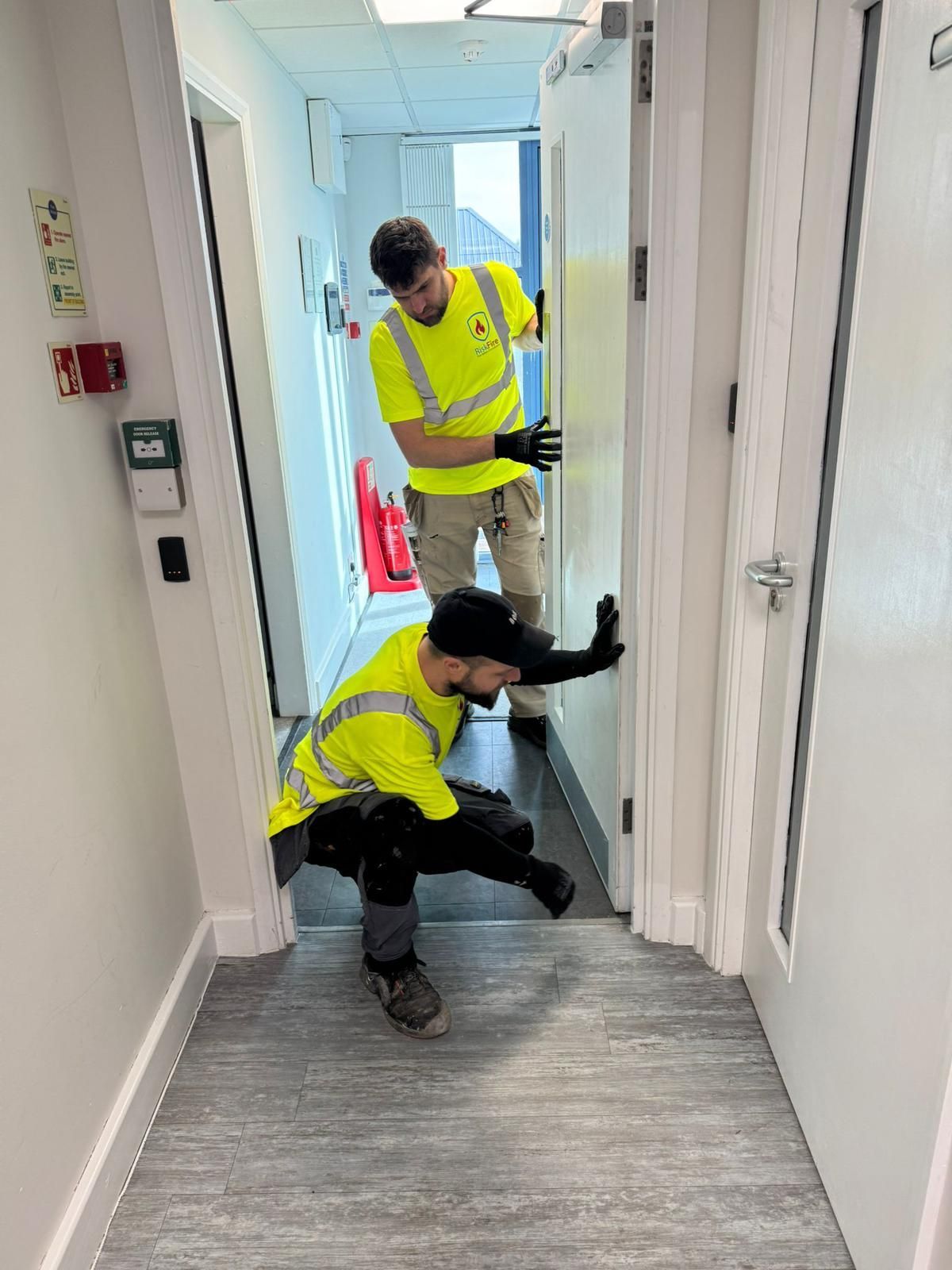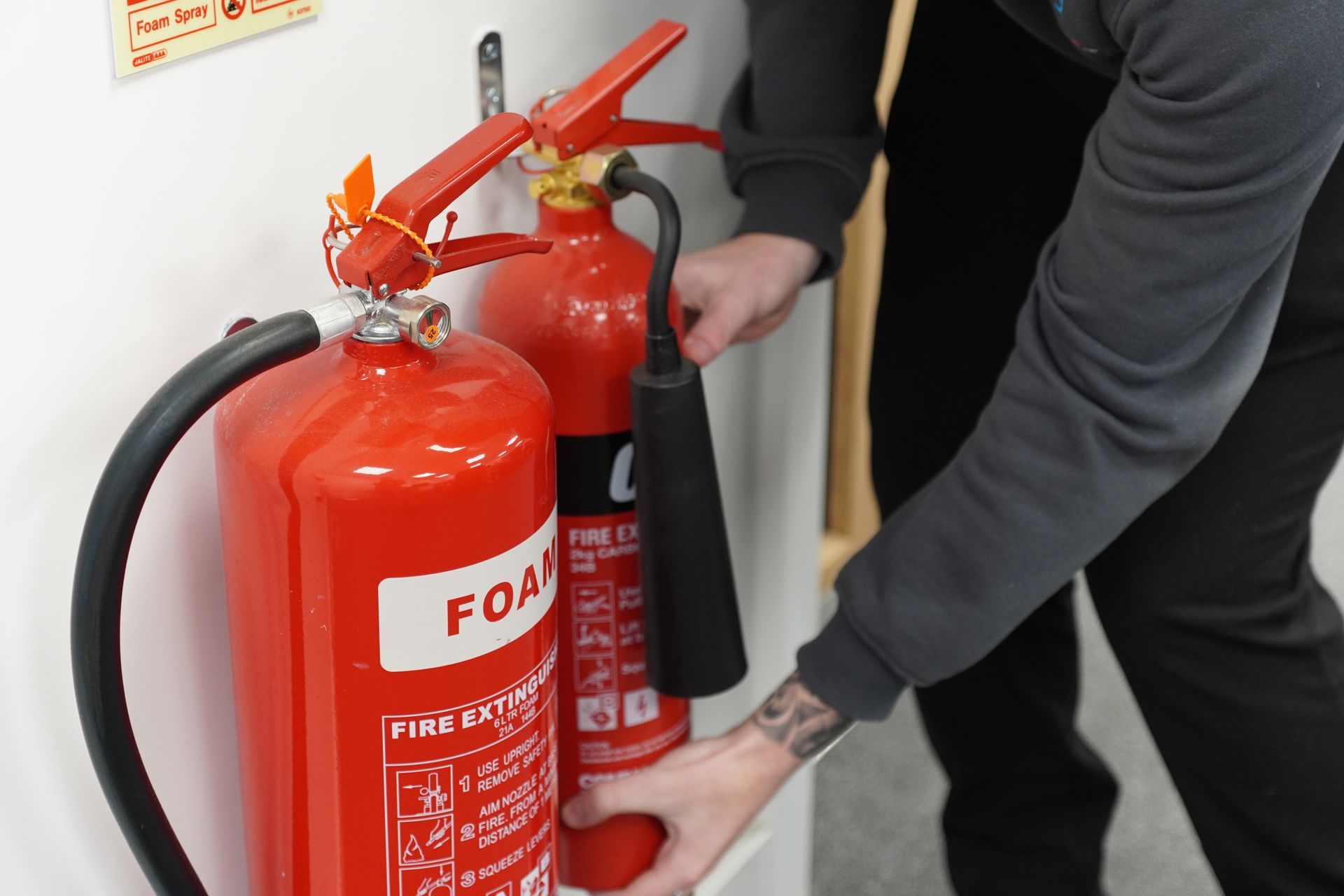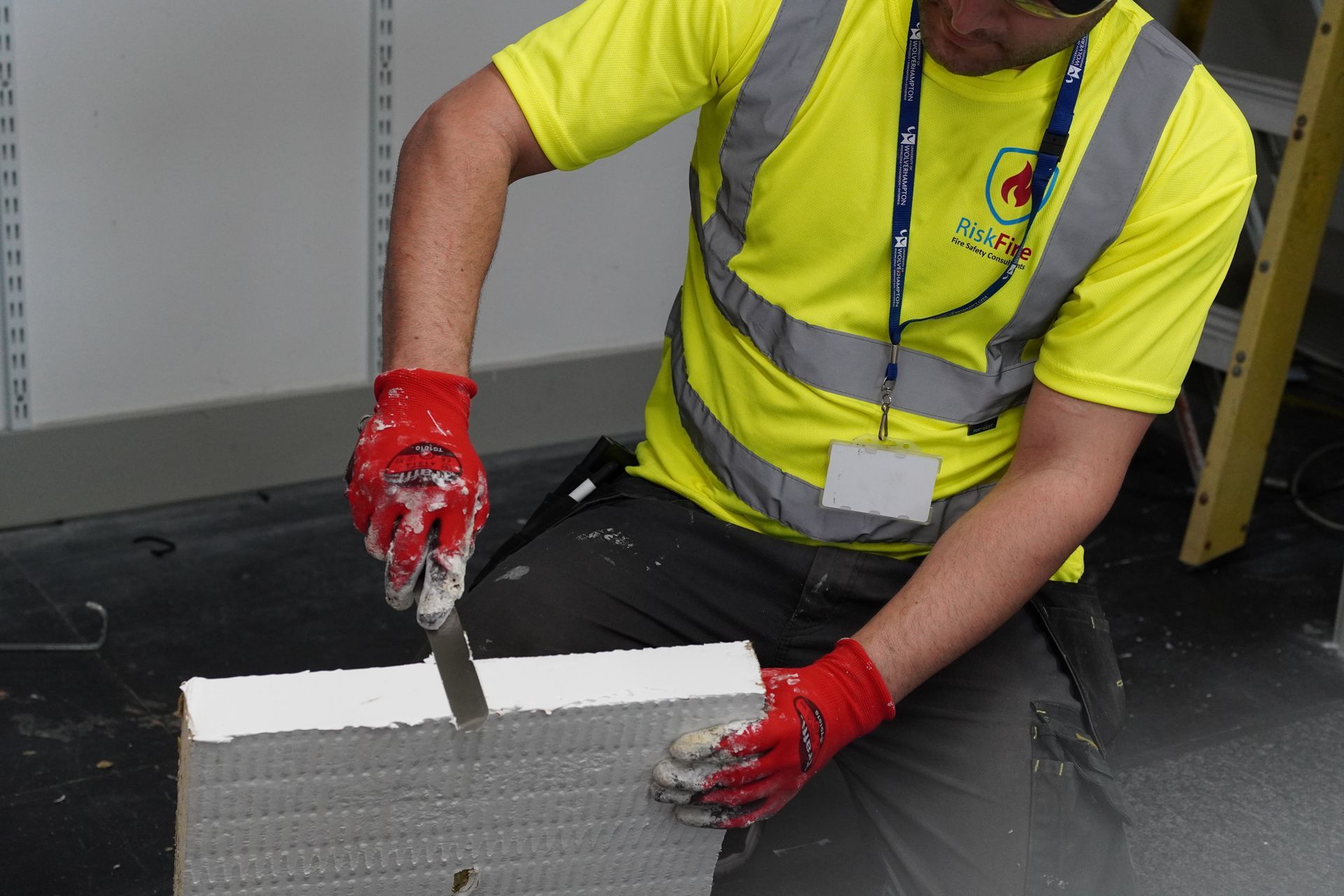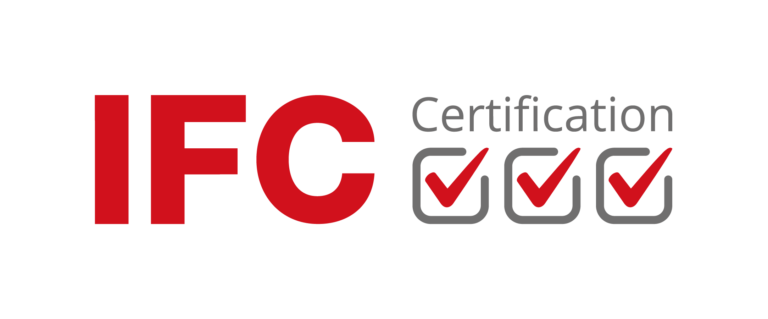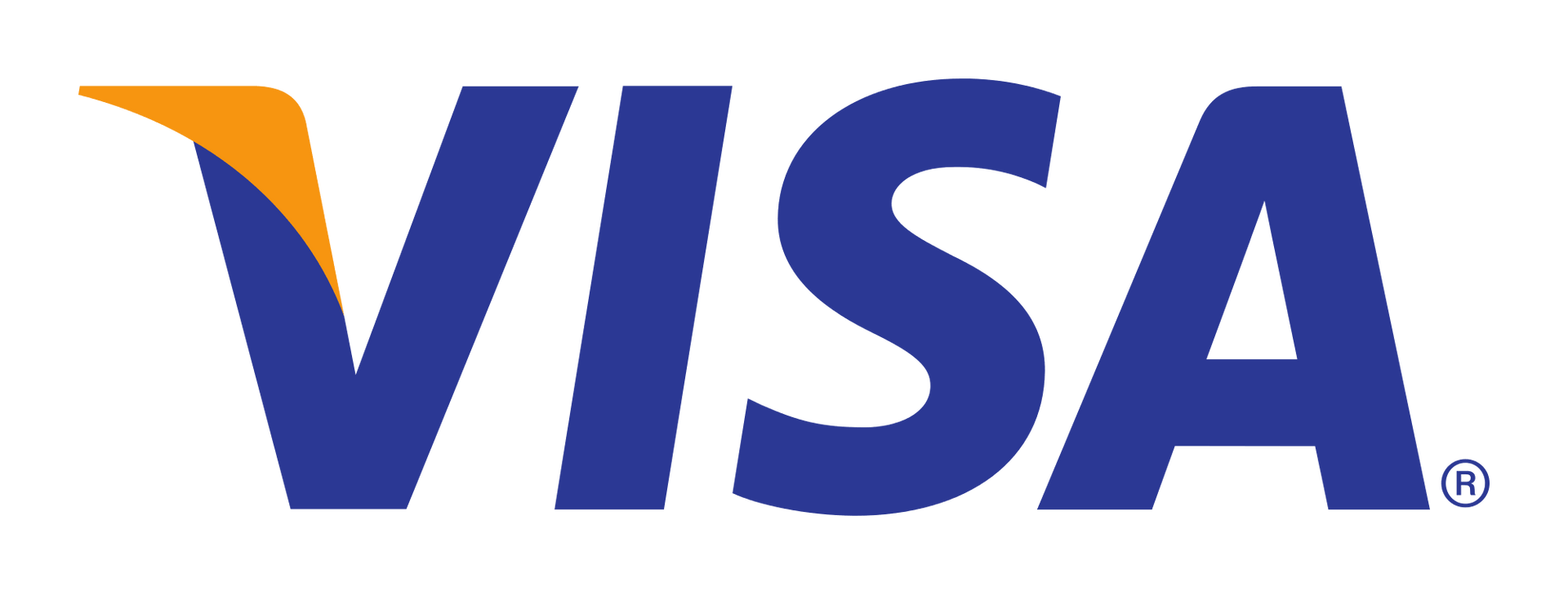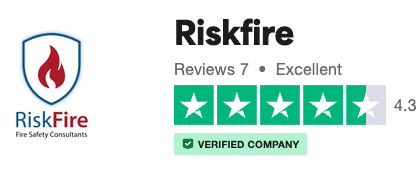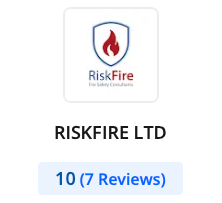Why Fire Safety Inspections are Essential for Business Owners - RiskFire
Imagine the walls of your thriving business suddenly engulfed in flames, the livelihoods of your employees at risk, and your hard-earned investments reduced to ashes. This terrifying scenario underscores the critical importance of fire safety inspections for business owners. The proactive approach to fire safety not only protects your assets but also ensures the welfare of those within your premises. Could overlooking fire safety measures lead to the downfall of your business? Let’s delve into why these inspections are not just a legal requirement, but an essential practice for safeguarding your business.
Key takeaways
- Fire safety regulations provide a structured framework for maintaining safe commercial environments
- Regular fire safety inspections help identify and mitigate potential fire risks
- Ensuring compliance with fire safety laws protects your business from legal repercussions
- Training staff in fire safety procedures enhances emergency preparedness
- Maintaining fire safety equipment is vital for effective response during fire incidents
Understanding Fire Safety Regulations
Navigating the complex landscape of fire safety regulations can feel overwhelming, but understanding these laws is crucial for any business owner. Fire safety regulations are designed to keep buildings safe by providing a clear framework for fire prevention and protection. Compliance with these rules not only shields your business from legal trouble but also ensures the safety of everyone on the premises.
Fire safety legislation, such as the Fire Safety Order 2005, outlines specific responsibilities for business owners. By adhering to these standards, you demonstrate a commitment to safeguarding your workplace and protecting lives. The government frequently updates these laws to address emerging fire risks, ensuring that businesses remain vigilant and responsive to new challenges.
Standardising safety practices across various industries, these regulations empower business owners to make informed decisions about fire safety protocols. Understanding your fire safety responsibilities allows you to implement effective measures and prevent potential disasters. Legal duties might seem burdensome, but they play a pivotal role in maintaining a secure environment for all.
Preventing Fire Hazards in Buildings
Every business owner knows that prevention is better than cure, and this certainly rings true when it comes to fire safety. Routine inspections are instrumental in highlighting potential fire hazards within your premises, allowing you to address them before they escalate into serious threats. By conducting regular fire risk assessments, you significantly reduce the likelihood of fire incidents.
Identifying potential fire hazards in buildings enables timely mitigation measures, ensuring that your workplace remains a safe haven for employees and visitors alike. Regular assessments not only maintain a secure environment but also protect both assets and personnel from harm. Prevention strategies are crucial for safeguarding your business, as they minimise risks and enhance overall safety.
Effective hazard prevention involves a thorough understanding of potential fire risks and implementing appropriate measures to address them. By staying proactive, you create a protective shield around your business, safeguarding it from unforeseen fire-related incidents. The benefits of routine inspections extend far beyond mere compliance; they contribute to a culture of safety and responsibility within your organisation.
Ensuring the Safety of Occupants
As a business owner, your responsibility extends beyond protecting your assets; you must also ensure the safety of everyone within your premises. Fire safety inspections play a vital role in guaranteeing that emergency exits are accessible and functional, providing a safe passage for occupants during an emergency. These inspections offer peace of mind to both employees and visitors, knowing that their safety is prioritised.
Implementing proper safety measures, such as clear signage and adequate lighting, guides occupants during emergencies, reducing panic and confusion. A safe environment not only boosts morale but also enhances productivity among staff, as they feel secure in their workplace. Confidence in your safety protocols reflects positively on your business reputation, instilling trust in clients and partners.
By focusing on the safety of occupants, you create a supportive and reassuring environment that fosters loyalty and dedication among employees. Residential buildings and domestic premises also benefit from regular inspections, ensuring that everyone residing or visiting these spaces feels protected. Ultimately, ensuring occupant safety is a testament to your commitment to creating a secure and welcoming business environment.
Legal Enforcement of Fire Safety Inspections
Legal enforcement of fire safety inspections serves as a crucial deterrent against negligence and complacency. Authorities conduct surprise inspections to verify compliance with fire safety laws, ensuring that businesses adhere to established safety standards. Non-compliance can result in hefty penalties and even potential business closure, highlighting the importance of maintaining rigorous safety measures.
Business owners have a legal obligation to uphold fire safety standards, demonstrating their commitment to the welfare of employees and customers alike. Regular inspections not only fulfil these obligations but also showcase your dedication to maintaining a secure environment. Compliance with fire safety law is not merely about avoiding penalties; it reflects a responsible approach to business management.
Legal enforcement acts as a powerful reminder of the consequences of neglecting fire safety responsibilities. As a responsible person in charge of a business, you must prioritise safety to prevent legal ramifications and safeguard your business's future. Regular inspections reinforce your commitment to safety regulations and serve as a proactive measure against potential hazards.
Conducting Regular Fire Safety Inspections
Scheduled fire safety inspections are an essential component of maintaining a secure workplace. These routine checks help prevent the oversight of critical safety updates, ensuring that your business remains compliant with current regulations. By conducting regular inspections, you ensure that all safety equipment is operational and ready for use during emergencies.
Regular reviews also identify areas that require improvement or repair, allowing you to address issues before they escalate. By maintaining a culture of safety within your organisation, you foster an environment where everyone feels responsible for upholding safety standards. Keeping a detailed log of inspections aids in tracking compliance and improvements, providing a comprehensive record of your commitment to fire safety.
Consistent inspections contribute to a proactive approach to safety, minimising risks and enhancing overall security. By prioritising regular fire safety assessments, you demonstrate your dedication to safeguarding your business and its occupants. This proactive stance not only protects your assets but also reinforces your reputation as a responsible and safety-conscious business owner.
Creating a Fire Safety Inspection Checklist
A well-structured fire safety inspection checklist is an invaluable tool for ensuring thoroughness and accountability during inspections. This comprehensive guide covers all safety aspects, preventing omissions and oversights. By customising the checklist to your building's specific needs, you enhance its effectiveness and ensure that all potential hazards are addressed.
The checklist serves as a practical guide during inspections, simplifying the process and ensuring that no critical elements are overlooked. Regular use of checklists guarantees consistency and thoroughness, contributing to a safer environment for everyone. A well-crafted checklist not only streamlines inspections but also fosters a culture of responsibility and diligence within your organisation.
By consistently using checklists during fire safety inspections, you create a reliable framework for maintaining safety standards. This proactive approach ensures that all necessary measures are in place, protecting your business from potential fire-related incidents. Ultimately, a comprehensive checklist is a vital tool for any business owner committed to ensuring fire safety and safeguarding their enterprise.
Training Staff on Fire Safety Procedures
Training your staff in fire safety procedures equips them with the knowledge and skills needed to respond effectively during emergencies. Regular fire drills ensure that everyone understands their role and can act swiftly during a fire incident. Educated employees are also better equipped to identify and report potential hazards, contributing to a safer workplace.
Fire safety training fosters a team-oriented approach to safety, encouraging collaboration and vigilance among staff members. By prioritising training, you create an environment where everyone feels responsible for upholding safety standards. Knowledgeable staff contribute to a more prepared workplace, minimising risks and enhancing overall security.
Investing in fire safety training demonstrates your commitment to the welfare of your employees and the protection of your business. This proactive approach not only enhances safety but also boosts morale and productivity, as employees feel valued and secure in their roles. By prioritising training, you empower your staff to contribute actively to a safer and more resilient workplace.
Importance of Maintaining Fire Safety Equipment
Maintaining fire safety equipment is crucial for ensuring an effective response during fire incidents. Functional equipment, such as fire extinguishers and alarms, plays a vital role in early fire detection and control. Regular maintenance prevents equipment failure during emergencies, ensuring that all tools are ready for use when needed.
Well-maintained equipment adheres to current safety standards, demonstrating your commitment to upholding fire safety regulations. By investing in maintenance, you reduce long-term repair and replacement costs, safeguarding your business's financial stability. Up-to-date equipment not only protects your assets but also enhances the overall safety of your premises.
Prioritising the maintenance of fire safety equipment reflects a responsible and proactive approach to business management. By ensuring that all tools are in optimal condition, you minimise risks and enhance the security of your workplace. Ultimately, maintaining fire safety equipment is a critical component of safeguarding your business and its occupants from potential fire-related incidents.
In conclusion, fire safety inspections are an indispensable practice for business owners committed to protecting their assets and ensuring the welfare of their employees. By understanding fire safety regulations, preventing hazards, and maintaining equipment, you create a safe and secure environment for everyone within your premises.
Is your business ready to face the unexpected, or are you taking unnecessary risks with fire safety?
Frequently Asked Questions
Why should business owners prioritize fire safety inspections?
Business owners should prioritise fire safety inspections to ensure the safety of their staff, customers, and property. Regular inspections help identify potential hazards and ensure compliance with regulations, reducing the risk of fires and improving overall safety measures.
How often should business owners conduct fire safety inspections?
Business owners should conduct fire safety inspections regularly, typically at least once a year. However, certain industries or high-risk businesses may require more frequent inspections to maintain safety standards and prevent fire incidents.
What does a fire safety inspection involve?
A fire safety inspection involves a thorough assessment of the premises, including checking fire alarms, emergency exits, fire extinguishers, and other safety equipment. Inspectors will also review safety protocols, evacuation plans, and potential fire hazards to ensure compliance with regulations.
Can business owners conduct fire safety inspections themselves?
While business owners can perform basic fire safety checks, it is recommended to hire a professional fire safety inspector for a comprehensive assessment. Certified inspectors have the expertise to identify potential hazards, provide recommendations for improvements, and ensure compliance with fire safety regulations.
How can business owners prepare for a fire safety inspection?
To prepare for a fire safety inspection, business owners should review safety protocols, ensure all safety equipment is in working order, and address any potential hazards. It is also helpful to keep detailed records of maintenance and inspections to demonstrate compliance with regulations during the inspection.


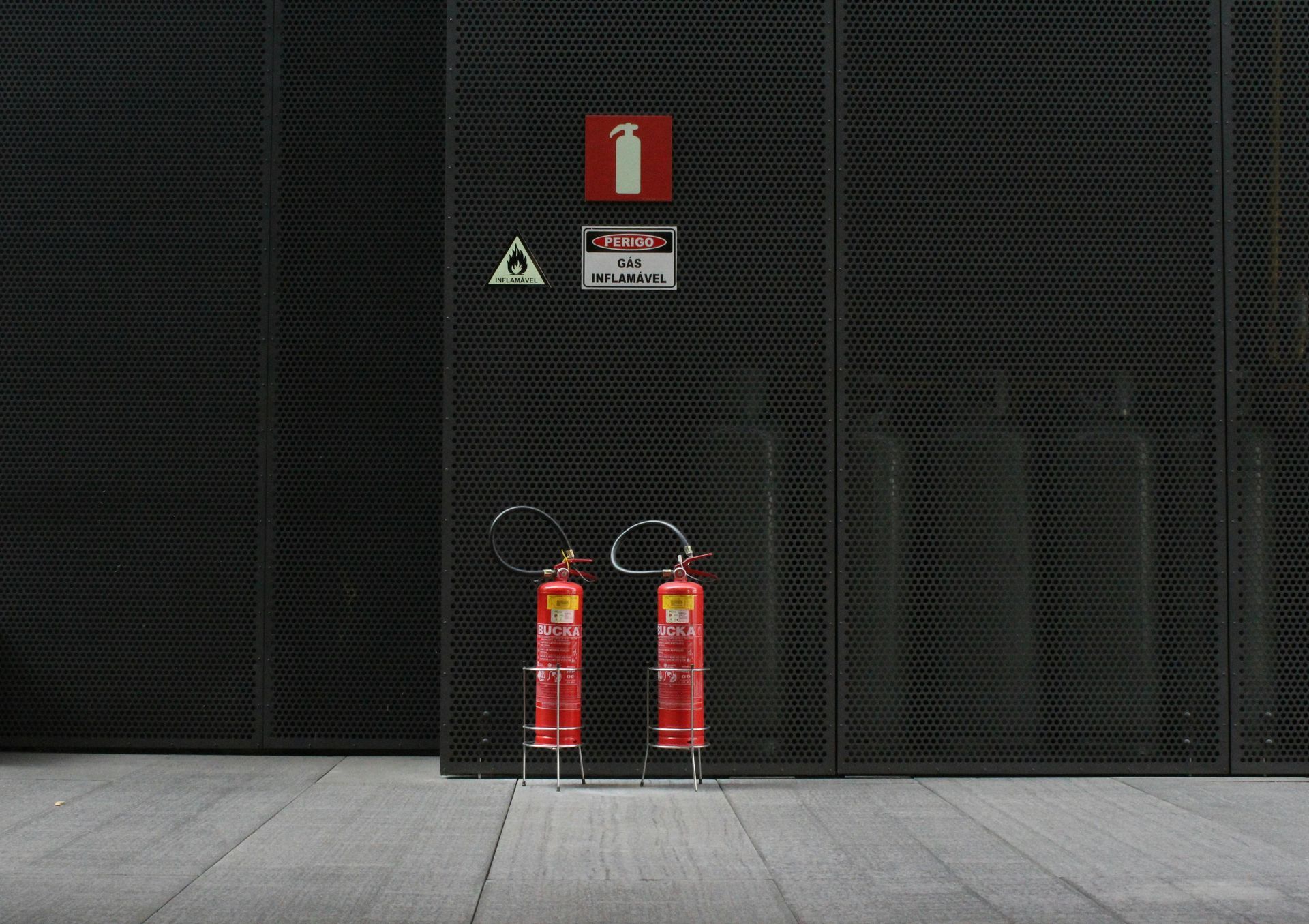

Enquire Now
We will get back to you as soon as possible.
Please try again later.
